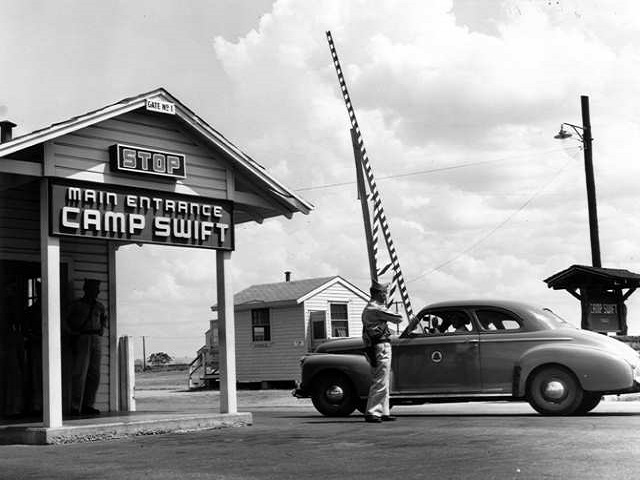A number of WWII POWs from Germany were held in America for the duration of the war. These Axis soldiers were located all over the nation, with Virginia and Maryland holding a good deal of them. With give hundred prison camps in total filling the nation, there was an approximate average of ten camps per state. In states like Virginia and Maryland, however, the totally number of camps for WWII POWs was nearly doubled.
America was in a unique position during the war. With the exception of Pearl Harbor, there was not a great deal of conflict on the home front. They largely fought overseas. That being the case, few would have blamed them had they chosen to keep their prison camps on foreign grounds. However, the Geneva Convention made it so that WWII POWs (or any wartime prisoners after 1929, for that matter) had to be treated fairly. Since enemies during the war were always threatening each other’s supply lines, the Americans had to make sure that their prisoners would not starve if the troops were cut off from food supplies for any duration of time.
Aside from the question of starvation, there was the question of proper housing. It was very difficult for the American military to construct prison camps while they were mobilized, and even harder to ensure that all WWII POWs lodged under such roofs would be safe from the weather, not to mention safe from the surrounding conflict. Aside from these concerns, there was also a need to ensure that the prisoners would be watched so as not to escape. It was difficult for the military to sacrifice the necessary manpower at such a time.
Luckily, transporting the prisoners to the United States need not require too many additional resources. Such the Allies were already receiving supplies by sea, they simply loaded the WWII POWs onto the same ships that were bringing them food and equipment. Captives were then taken back to the United States, where they were kept in camps until the end of the war. The bulk of these prisoners were German, though there were also much smaller numbers of Axis troops from Italy and Japan, The Washington Post reports.
The transport and housing of WWII POWs was a major concern, as there was little point in imprisoning them in the first place if they were able to escape and return to enemy lines. Many of the prisoners shipped to America were kept in Maryland and Virginia, where they were put to work. In this way, not only did the military not have to sacrifice manpower overseas to watch the prisoners, but WWII POWs kept in the United States actually aided the manufacture of vital supplies, helping the Allies to work toward victory.
